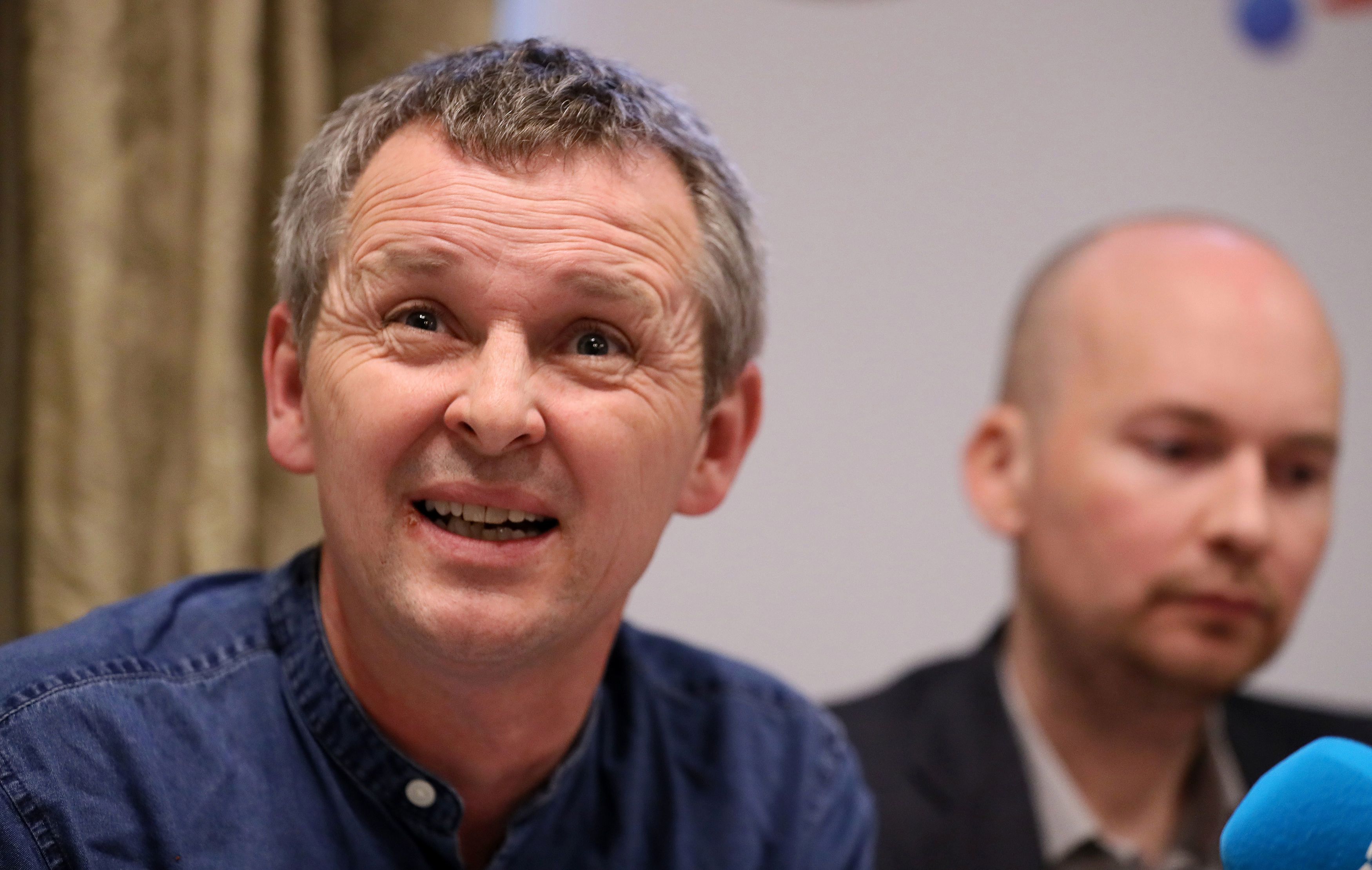Trinity has many active political societies, including the Young Greens, Young Fine Gael, Ógra Sinn Féin and numerous others. These societies provide a platform for young people interested in public policy and politics to come together and discuss issues and push for policy change, both within their own parties and in Irish society. Some of these societies also organise regular social events, and can serve as a launchpad to future political careers. Networking opportunities and the chance to become noticed by the senior wing of their political organisation is undoubtedly at the forefront of many member’s minds. Current Táiniste Leo Varadkar was an active member of Trinity Young Fine Gael during his time at college.
Trinity People Before Profit is somewhat of an outlier among the other political societies in that it is not a branch of a separate youth wing of its affiliated party. Rather, it is just a regular branch of the People Before Profit organisation. People Before Profit was founded in 2005 by members of the Socialist Workers Party. It differentiates itself from Solidarity-AAA, a similar left-wing party which emerged from the Socialist Party, chiefly in its stance on Irish unification. PBP is distinctly in favour of unification, whereas Solidarity-AAA does not proactively campaign for it.
Trinity PBP is one of campuses most lively and influential political societies. It has taken an active part in many on-campus campaigns over the years, including the Boycott, Divest, Sanctions campaign against Israeli goods, as well as the Take Back Trinity movement. A key part of the group’s effectiveness is their willingness to take direct action and agitate for change.
Trinity PBP came under controversy for this in 2017, when it posted on its Facebook page “2 comrades, 1 pair of scissors, 32 vile anti-choice posters surrounding the campus. A successful evening indeed.” The post was in reference to the actions of two leading members of the group, Conor Reddy and Sean Egan, who had illegally taken down posters which were advertising a public meeting on abortion, and included quotes such as: “I was conceived in rape. I’m still a human being” and “My child is innocent, just like me. Our laws should punish rapists, not babies.” Reddy and Egan insisted that their actions were not on behalf of the party’s Trinity branch, or the wider PBP party, and that they took down these particular posters “because of their content and the tone that they took.”
Speaking to Trinity News, auditor of Trinity PBP Clara McCormack agreed that Covid-19 restrictions were going to make most forms of direct action and protest “extremely difficult.” “We organised some socially distanced protests before Level 5 restrictions came into force, with stewards enforcing masks and social distancing,” she said. McCormack says she is going to emphasize online activism this year, in particular education, which she says is a key focus for Trinity PBP. To this end the society has organised a number of talks and Zoom events on topics such as housing, education and climate change.
McCormack says that the issues they engage with are a “mixture” of issues specific to students, and wider issues relevant to society at large. She says that the college issues that Trinity PBP campaign on, such as the availability of student accommodation, are a microcosm of a larger issue in housing. She says that the campaign to end the €3,000 student tuition contribution is the primary focus of Trinity PBP at the moment. “Classes being put online opened up a whole conversation about student fees in Ireland, a lot of people were arguing that student fees should be lowered because we’re not using campus facilities, and we’re trying to push that further, that the student contribution should be abolished completely, and that the state should pay for higher education entirely,” she said.
McCormack thinks the fact that other youth wings of political parties often have different stances than the party itself is “a bit bizarre”.
There is usually significant interest from students in getting involved with PBP, with approximately 200 to 250 students joining every year, though sign-ups suffered this year due to the lack of in-person events and the Freshers fair.
McCormack thinks the fact that other youth wings of political parties often have different stances than the party itself is “a bit bizarre”. In regards to the perception that students are naturally drawn to left-wing politics, McCormack says that students are drawn to PBP because, “We don’t just talk about our politics, we actually do our politics” and notes their focus on grassroots campaigning rather than just parliamentary politics. “I think young people are generally more left-wing, generally young people are more socially progressive, and generally don’t own properties or vast quantities of wealth,” she said.
The history of student socialist politics in Trinity stretches back over a century. While this year will certainly be a challenging one for Trinity People Before Profit, students certainly shouldn’t expect that one of Trinity’s most active and influential political societies will be going anywhere anytime soon.






